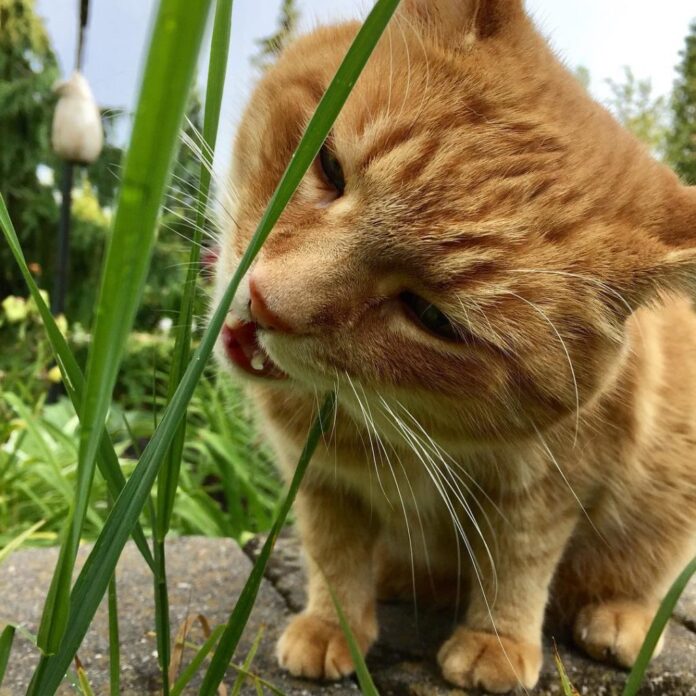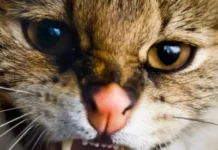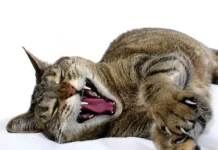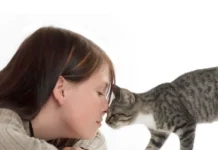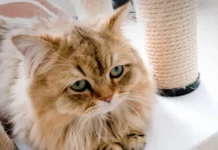Understanding Why Cats Eat Grass: A Closer Look at Feline Behavior
It’s a common sight: a cat munching on freshly dewed blades of grass, seemingly unfazed by the fact that they are obligate carnivores. Pet owners often wonder, why do cats indulge in this herbaceous habit?
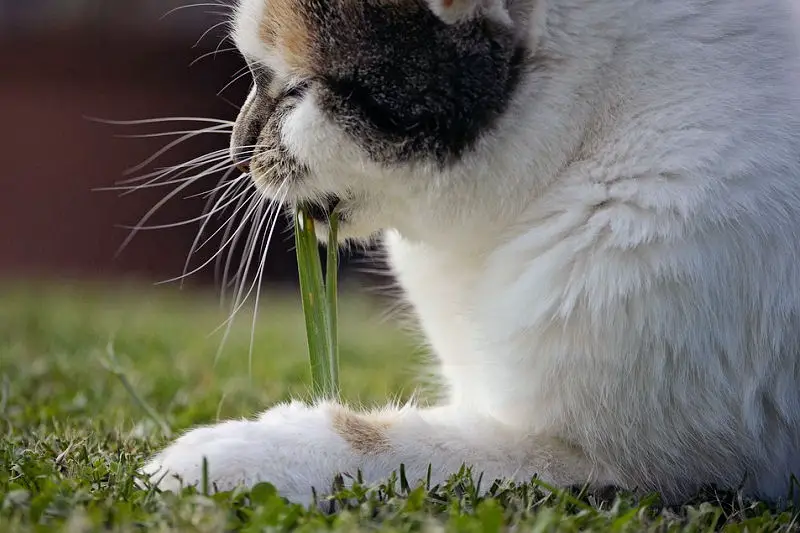
Common Misconceptions About Cat Diets
While dogs are often associated with eating grass, cats are no strangers to this behavior. If given the chance, your feline friend might just find their way to the “Crab Grass Cafe.” But should cat owners be worried when they see their pets nibbling on greens?
This behavior is quite normal and has been documented extensively by animal experts. When your cat decides to munch on grass, there’s usually a compelling reason behind it.
Why Do Cats Eat Grass?
The ancestors of our beloved house cats were fierce hunters, often consuming prey that included bones and other difficult-to-digest materials. Eating grass may help them expel these indigestible fragments. This instinctive behavior is inherited from their wild ancestors, who occasionally turned to plant matter to assist with digestion.
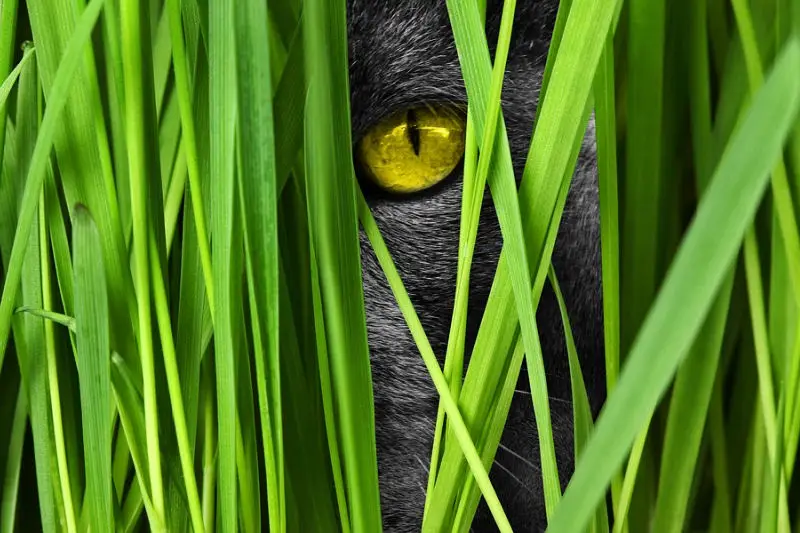
Signs to Monitor After Grass Consumption
Although occasional grass eating is often harmless, it can lead to some unpleasant consequences. Typically, this consumption is followed by regurgitation, resulting in a grassy mess on your favorite sweater. If you notice frequent vomiting or changes in bathroom habits, it may be time to consult a veterinarian.
Felines as Obligate Carnivores
It’s essential to remember that cats are obligate carnivores, meaning their diet should predominantly consist of high-quality meat. The addition of grains or vegetables is generally unnecessary and potentially harmful. It’s advisable to prioritize wet food over dry kibble, as this provides additional hydration essential for feline health.
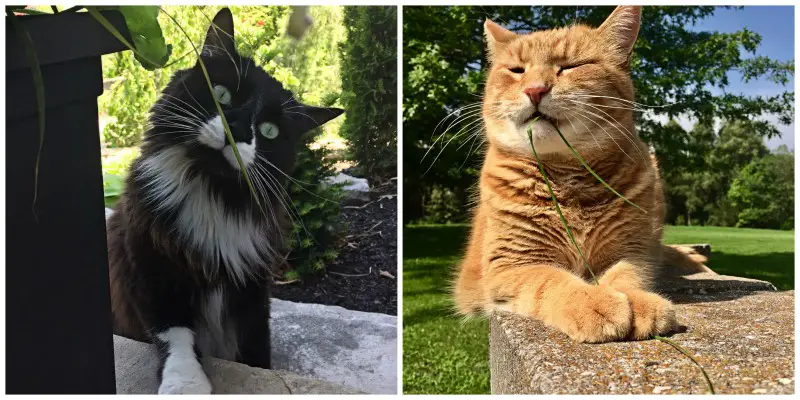
Photo above: Our own kitties, Newman and Mouse, enjoying their daily ‘grass fix’
The Role of Grass in Feline Digestion
While cats evolved for a meat-based diet, they sometimes consume grass to help clear their digestive tracts of undesired materials like bones, feathers, and other indigestible parts of their prey. This behavior can lead to occasional vomiting, but it serves a crucial purpose in maintaining digestive health.
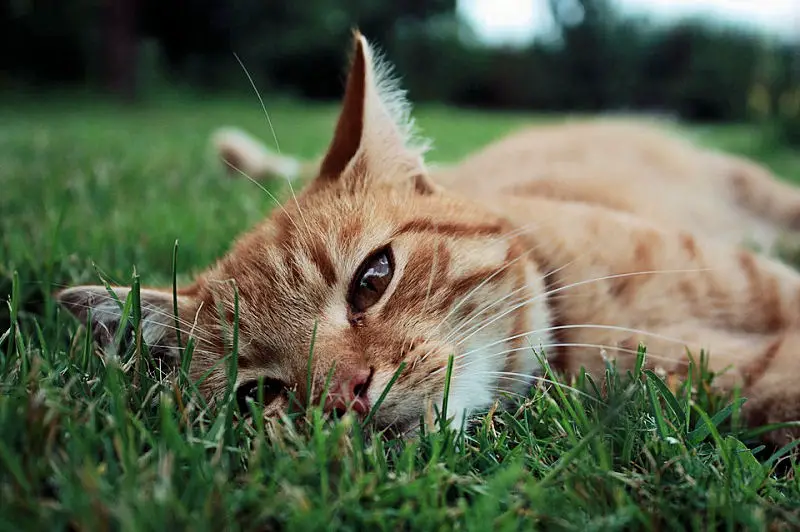
Consult Your Veterinarian
If your cat shows signs of discomfort, such as straining to urinate or leaving the litter box, it’s important to seek veterinary advice immediately. While various urinary tract products may be beneficial, professional consultation should always come first.
Promoting Healthy Digestion with Probiotics
For long-term digestive health, consider incorporating human-grade probiotics for cats into your pet’s diet. These beneficial bacteria can help restore a healthy gut balance.
With around 70% of a cat’s immune system originating in the gut, ensuring proper digestive function is crucial for overall health. Probiotics not only support the gastrointestinal system but also promote oral health and a healthy skin and coat.
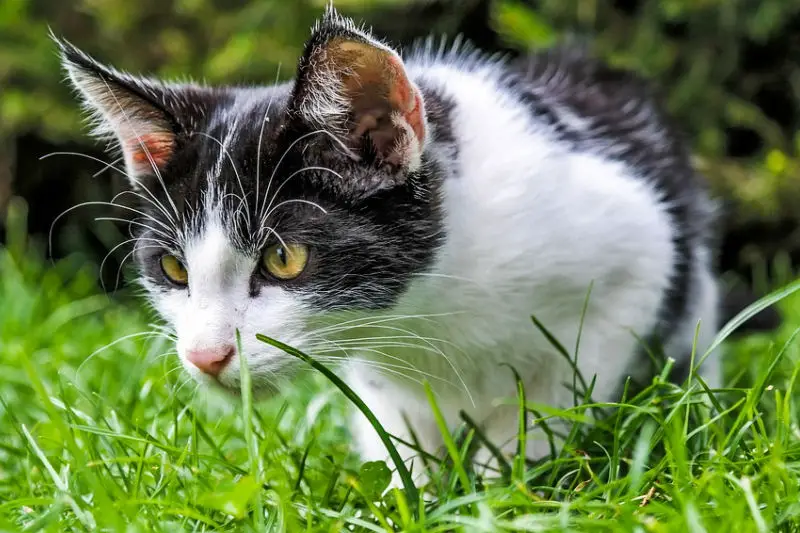
The Nutritional Value of Grass
While cat diets are primarily meat-based, some nutrients—like folate—found in plant matter can be beneficial. Folate aids in the production of hemoglobin, a protein responsible for oxygen transport in the blood, and might explain why some cats seek out grass. Consider maintaining an indoor grass garden for your cat to enjoy safe, pesticide-free greens.
Credits: Article content contributed by our paw pals at Fidobiotics


